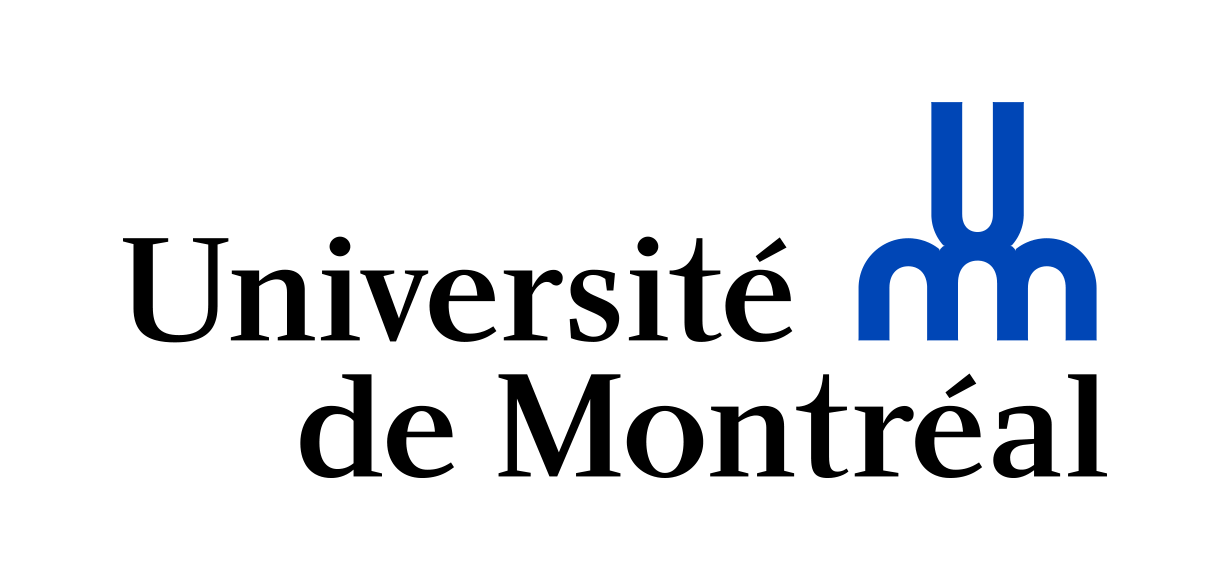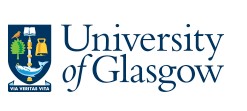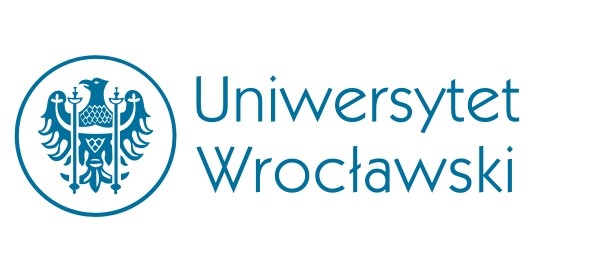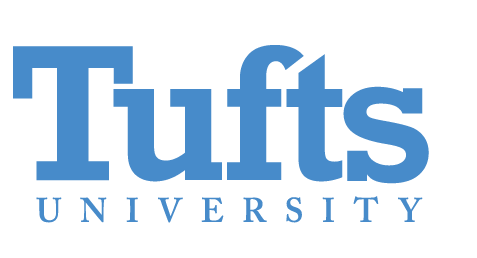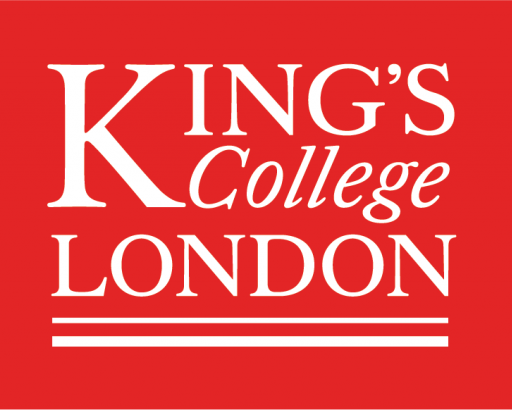BEAR Montreal Summer School 2019
June 17-22, 2019
CÉRIUM, Université de Montréal

PLU 6910
Between the EU and Russia, Zone of Contestation
One of the defining aspects of post-Cold War European political and social development has been the contestation between the European Union and Russia, which continues to present major challenges for the prospects of peace and democracy on the continent. Most directly affected by this contestation are the states and societies in Central and Eastern Europe (CEE), which find themselves at the intersection of European and Russian influence. In this zone of contact, the contestation has major consequences for the resolution of fundamental issues of state stability, democratic consolidation, and minority inclusion.
This summer school, organized by the Jean Monnet BEAR Network (“Between the EU and Russia: Dimensions of Diversity and Contestation”) in collaboration with CÉRIUM, will address the question of how EU membership and Russian regional politics influence state-minority relations in countries hosting sizeable ethno-cultural minorities in CEE. The focus will be on how state policies, and the willingness of states to accommodate minority claims, are influenced by security concerns associated with EU integration and Russian regional politics; and how different kinds of minority political actors adapt to constraints and strategize in pursuit of minority interests. The summer school will be structured along the following sets of questions:
- How does the relationship with EU and Russia shape intra-state policies of minority inclusion/exclusion in the region? How do states in the region instrumentalize/securitize minority issues? Why are some states more reluctant to accommodate minority claims than others?
- How do EU integration and Russian influence shape minority activism (i.e., the pursuit of collective minority interests) in the region? What explains regional variation in the way minorities organize politically in parliamentary and local politics? Why are some minority elite/parties more effective in negotiating with majority elites/parties than others?
- How do the politics surrounding de facto states (e.g., Transnistria) and similar territories of contested sovereignty associated with Russian influence (e.g., Donbas, Crimea) affect the prospects for EU membership in such territories? How does territorial contestation transform interethnic relations in such settings? What are some key external (EU- and Russia-related) and domestic factors necessary for sustainable peace and democratic development on those territories?
The program takes place in Montreal (Université de Montréal).
It consists of a 6-day learning experience for graduate students, academics, journalists, members of non-governmental organizations, diplomats, policy-makers, and member of the public. Each day will focus on a major theme and will involve: a lecture delivered by an expert (followed by Q&A); and group discussions (seminars), moderated by the lecturer and the co-organizers of the summer school.
SCHEDULE & READINGS
Friday, June 14
FOR CREDITED and BEAR STUDENTS ONLY
4pm – 6pm: Preparation session
3744 rue Jean-Brillant, room 550-5
Magdalena Dembinska
Presentation of the syllabus and the objectives of the course.
All the following sessions will be held at 3744 rue Jean-Brillant, room 580-31.
Monday, June 17
I. The securitization of state-minority relations in the region
9:00-12:00 Jim Goldgeier, American University, Washington D.C.
1:30-4:30 Angela Kachuyevski, Arcadia University, USA
Tuesday, June 18
II. Strategies and instruments of European and Russian influence on state-minority relations
9:00-12:00 David Smith, Glasgow University, UK
1:30-4:30 Kristina Kallas, Tartu University, Estonia
Wednesday, June 19
III. Impact of state strategies toward minorities
9:00-12:00 Jennie Schulze, Duquesne University, US
1:30-4:30 Film screening “14 Cases”
Thursday, June 20
- Minority activism under the influence of EU and Russia
9:00-12:00 Zsuzsa Csergő, Queen’s University, Canada
1:30-4:30 Myra Waterbury, Ohio University, US
Friday, June 21
- Territorial contestation and state-minority relations in de facto states
9:00-12:00 Helge Blakkisrud, Norwegian Institute of International Affairs
1:30-4:30 Magdalena Dembinska, Université de Montréal, Canada
Saturday, June 22
9:00-12:00 Simulation Games
1:30-4:00 Round table on session papers
Cocktail offered by CÉRIUM






